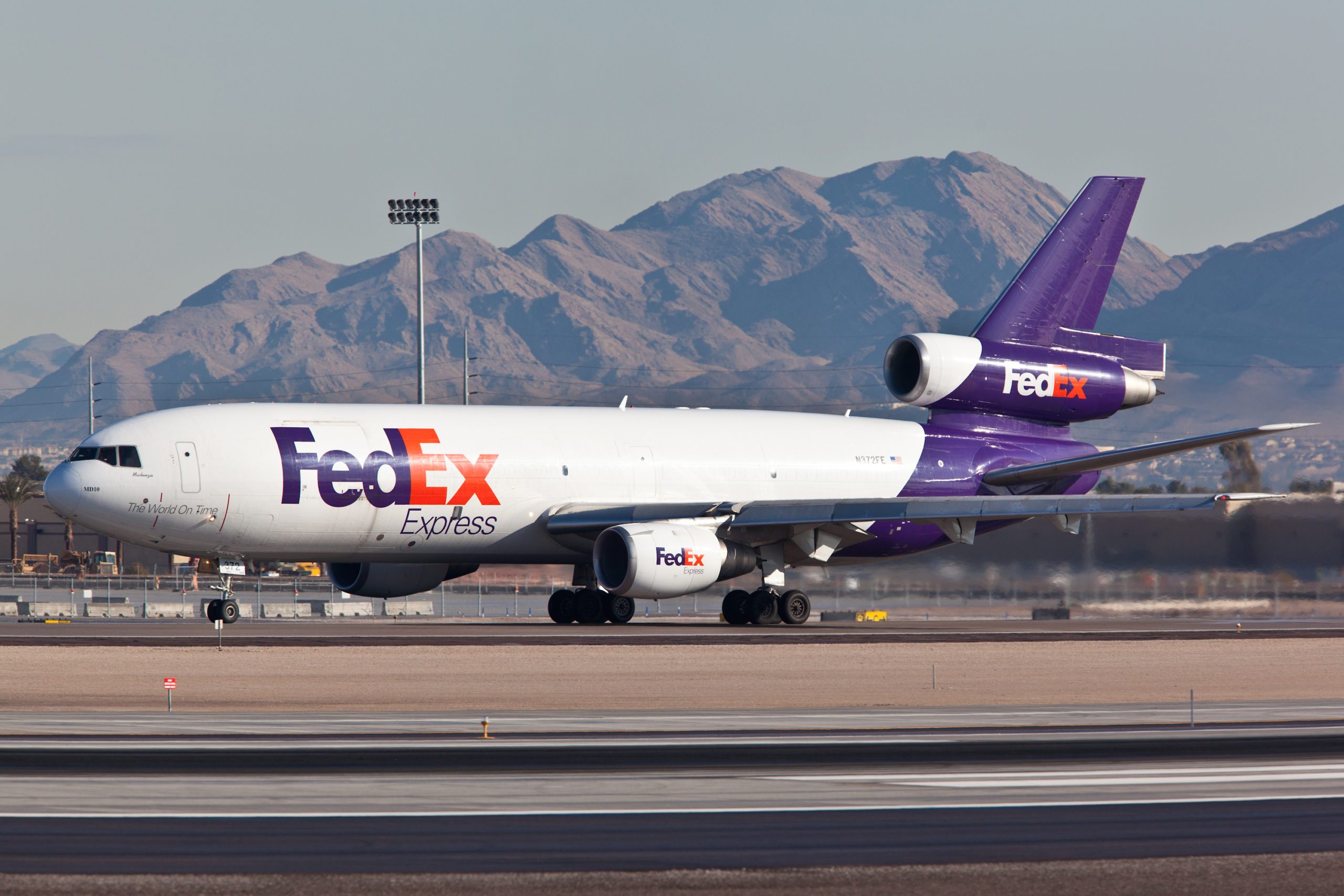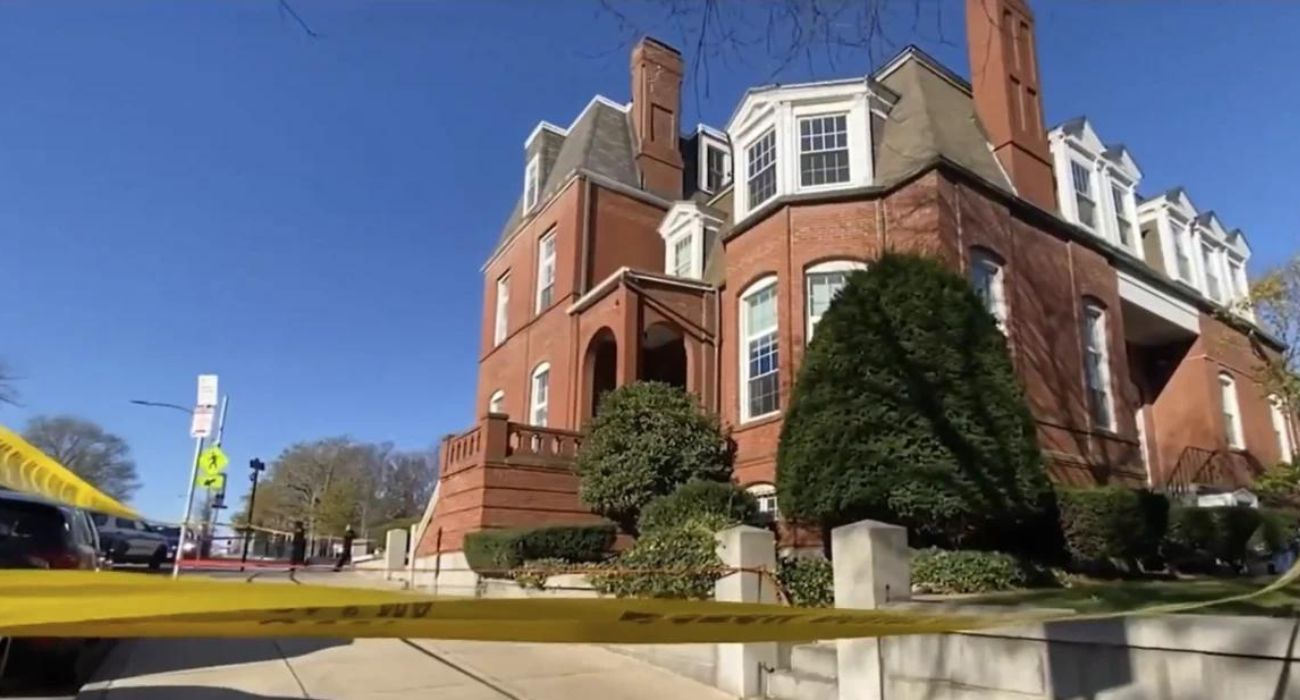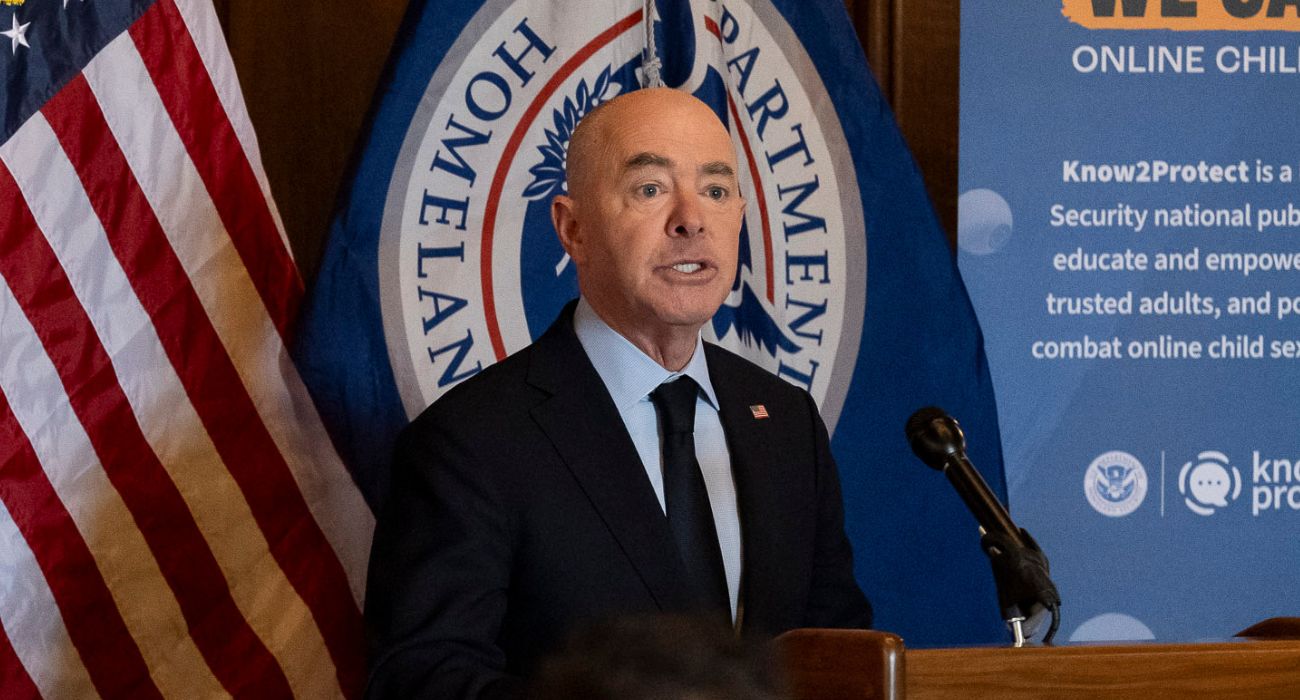According to a notice published in the Federal Register, FedEx is asking for permission from federal regulators to install anti-missile measures in its cargo jets to help prevent missile attacks.
The company said that the missile defense system would direct infrared laser energy toward an incoming missile, causing it to be thrown off the track of the heat coming from the aircraft.
“In recent years, in several incidents abroad, civilian aircraft were fired upon by man-portable air-defense systems (MANPADS),” said FedEx. “This has led several companies to design and adapt systems like a laser-based missile-defense system for installation on civilian aircraft to protect those aircraft against heat-seeking missiles.”
The company also noted that infrared lasers could potentially pose a hazard to people in the aircraft, on the ground, or on other aircraft, so they have a series of steps to alleviate that hazard. The Federal Aviation Administration would have to approve the system before FedEx could put it into use.
FedEx stated that the Airbus A321-200 airplane would host the system when approved. Although the company has a fleet of more than 650 aircraft, that model doesn’t yet fly as a part of the FedEx family.
As far back as 2008, U.S. commercial aircraft have come with anti-missile systems installed. The Israeli airline El Al was the first to introduce the missile defense system in a passenger carrier in 2004.
In recent years, there have been several attacks on aircraft, resulting in the death of hundreds of people. These attacks mostly stem from misidentifications.
In 2020, the Iranian Islamic Revolutionary Guards Group shot down Ukraine International Airlines Flight 752 from Tehran to Kyiv, which they later said they mistook for a cruise missile. In 2014, a Malaysia Airlines passenger flight from Amsterdam to Kuala Lumpur was shot down during what international inquiries concluded was a botched operation by Russian-backed separatists.






